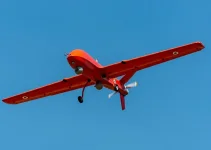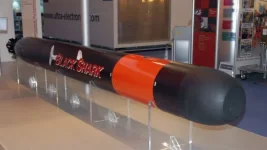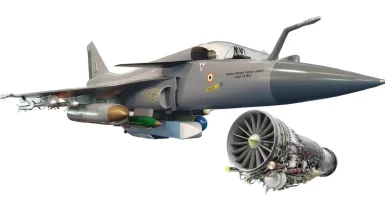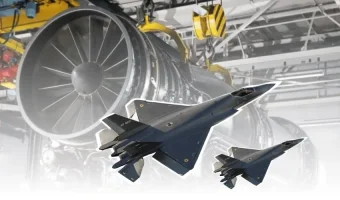- Views: 7K
- Replies: 38
India's ambitious Advanced Medium Combat Aircraft (AMCA) program is gaining momentum with the anticipated finalization of a contract for the joint development of a 6th generation jet engine.
While French aerospace giant Safran appears to be the frontrunner in this high-stakes collaboration, Rolls-Royce from the UK and General Electric (GE) from the US remain strong contenders.
This collaborative project is estimated to cost around $5 billion, a significant investment that will not only fund the engine's development but also establish a local production line in India. The funds will be used to create prototypes and support extensive ground and in-flight testing, ensuring the engine meets the demanding requirements of modern combat aircraft.
The ambitious timeline aims to have the engine ready for production by 2032-33. Before that, three engines will be specifically developed for rigorous ground testing to identify and resolve any technical issues before proceeding to in-flight testing.
A crucial aspect of this partnership is the commitment to 100% Transfer of Technology (ToT) and the establishment of production facilities within India. This ensures that every component of the engine can be manufactured locally, aligning with India's "Make in India" initiative and its pursuit of self-reliance in defence technology.
While specific details remain confidential, the engine is expected to incorporate cutting-edge technologies, potentially including variable cycle capabilities. This would allow for optimal performance across different flight regimes, from subsonic to supersonic speeds, and enhance fuel efficiency.
Safran's potential selection as the partner for this project highlights the growing defence cooperation between India and France. However, with Rolls-Royce and GE also in contention, the final decision will likely depend on various factors, including technological capabilities, cost-effectiveness, and the level of commitment to technology transfer and local production.
The development of a 6th generation engine for the AMCA is a crucial step towards India's goal of fielding a truly indigenous fifth-generation fighter aircraft. This project not only strengthens India's defence capabilities but also positions it as a key player in the global aerospace industry.




